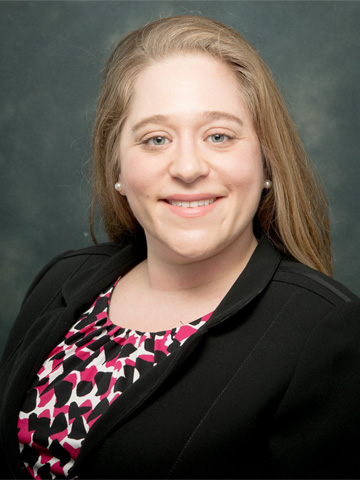A Champion for Medical Education
Preparing well-rounded physicians begins with an exceptional medical education. When Kristina Dzara, Ph.D., associate professor in the Department of Family and Community Medicine, arrived at Saint Louis University, she knew this was critical to the School of Medicine’s strategic goals and its path forward.

Dzara is the school’s assistant dean for scholarly teaching and learning and the director of the new Center for Educator Development, Advancement, and Research (CEDAR). CEDAR champions the use of evidence-based teaching and learning practices to develop SLU’s faculty and support collaborative educational scholarship.
In under a year, the center launched educator development resources, sent faculty to a virtual medical education conference and established a peer-reviewed blog. The entire community is invited to contribute evidence-based posts highlighting expertise in medical education.
“Each of these posts cover diverse topics that medical educators should want to know,” Dzara said. “They are succinct, evidence-based, and peer-reviewed by an editorial board. When you read the CEDAR community blog, you are reading the highest quality posts that we have to offer.”
Additionally, Dzara and her team promote deeper discussions through small group sessions, workshops and their newest program, the PRIMED Initiative. This initiative, in collaboration with the Office of Curricular Affairs, assembles three teams comprised of faculty, students, staff and residents to explore significant questions in educational scholarship.
Dzara hopes the initiative will also uncover ways to better align the school with Liaison Committee on Medical Education (LCME) accreditation expectations.
“We are taking a big picture approach to best help our institution — outlining what we could understand more deeply, thinking about making a positive change, and investigating these questions in a scholarly and collaborative fashion within teams,” she said.
As CEDAR’s programs develop, she keeps SLU’s pillar of medical education at the forefront of her planning and goals for the future.
"I want the center to be a place that is a community for every educator,” Dzara said. “When people think about becoming a better educator, I want the answer to be, 'Have you talked to CEDAR?'"